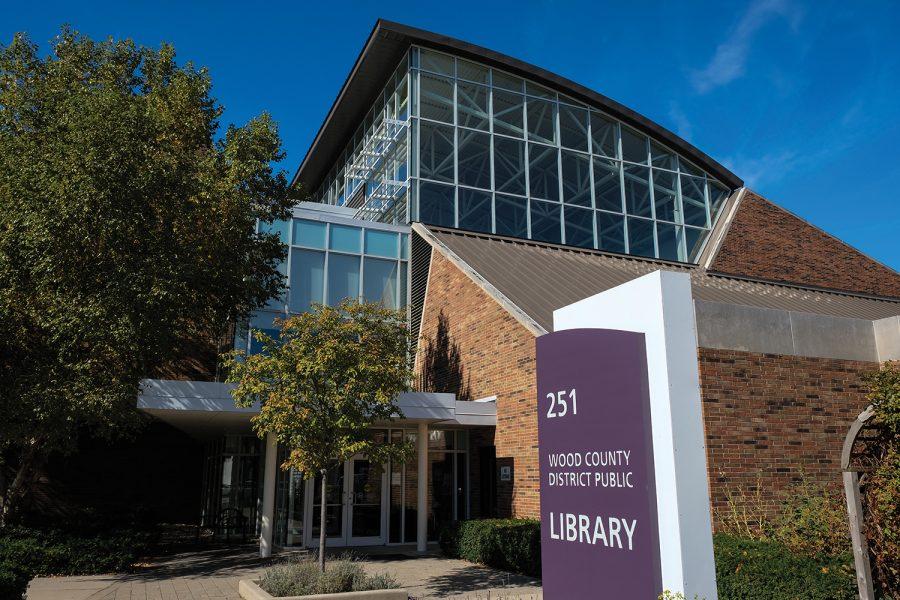Bowling Green State University is no longer selling textbooks directly to students beginning this semester. Purchasing textbooks has been a fundamental part of university expenses for decades, but the practice has been undergoing changes due to the skyrocketing cost of books. Costs of textbooks have risen 181% since 1998, according to the U.S. Bureau of Labor Statistics. The increasing popularity of online retailers, such as Amazon, have also crippled bookstore sales. In response to these changing circumstances, books purchased from other sources will still be distributed at the campus store. We spoke with the University’s executive director of business operations, Brad Leigh, who oversaw the decision, about the reasons behind the change and his future expectations.
Q: How long has the change been considered?
A:We have attempted to change as the industry has changed and evolved. That evolution has been unfolding for several years now. As online sales continued to replace in-store sales, we felt fairly confident the day would come when having textbooks in the store no longer made good financial sense. As recently as just a couple of years ago, we began investigating other viable, cost-effective options for providing course materials. Last year we migrated to a model where all textbooks were housed remotely and our students ordered them online just like they would from any other retailer. The model worked but sales continued their decline.
Q: What were the main factors influencing the decision to change?
A: Our decision to exit the textbook business was driven in large part by our desire to ensure that our students do not unnecessarily overpay for their textbooks and course materials. It is difficult for a university to compete on price with the online retailers, and if our goal is to ensure the students obtain the best pricing, and couldn’t provide that best pricing, then we had to ask ourselves: why are we in this business at all? So rather than try to sell, we focused our efforts on finding a quality solution that would link students to their course materials and a tool that allows for students to see the pricing of the various competitors.
Q: Are there any concerns that this will make it more difficult for students to find or afford textbooks?
A: Change can be difficult, so it may cause concern for some but we do not anticipate that this will make buying textbooks more difficult or more expensive. The students have shown us year after year that they prefer to buy online, they want the best price, they want options and that’s what we tried to ensure the new approach would provide.
Q: Were there any difficulties in switching from direct sales to delivering from sellers such as Amazon?
A: We had to change what and how we were doing things, but those challenges were internal to our operations. For our customers, the students, they have been buying from the online retailers for many years, now they are just placing more orders. Those orders result in more packages coming to campus for students, and that change has kept the mail room and the student package pick up team quite busy.













